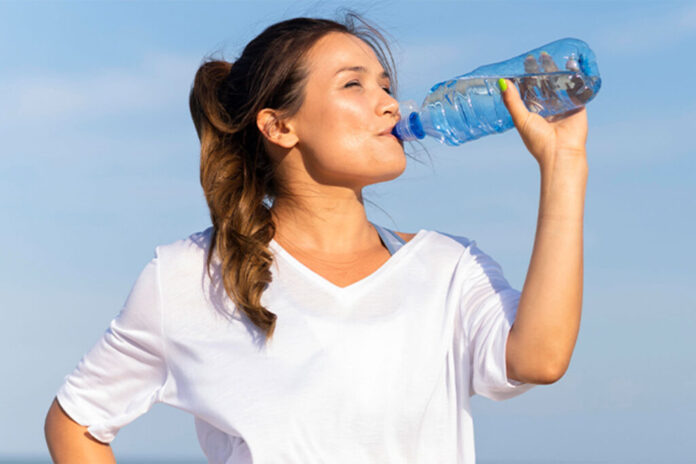Dehydration is a common problem that can significantly affect overall health. Many factors contribute to dehydration, and unfortunately, people often overlook these in favor of taste or convenience. Here’s a detailed explanation of five common contributors to dehydration:
1. Excessive Consumption of Caffeinated and Sugary Drinks
- Why it’s a problem: Beverages like coffee, tea, energy drinks, and soda are diuretics, which can increase urine production and lead to fluid loss. Sugary drinks, while satisfying your sweet tooth, don’t hydrate as effectively as water.
- Ignoring health: People often choose these drinks for taste and energy boosts without realizing they can exacerbate dehydration, especially in hot weather or after exercise.
2. High-Sodium Diets
- Why it’s a problem: Consuming salty snacks, processed foods, and fast food can increase sodium levels in the body. Excess sodium pulls water from cells, leading to a higher risk of dehydration.
- Ignoring health: Taste preferences for salty and savory foods often outweigh the consideration of their dehydrating effects.
3. Low Water Intake
- Why it’s a problem: Many people neglect to drink enough plain water, either because they don’t enjoy the taste or they forget. Dehydration can sneak up on you, especially if you rely solely on other beverages.
- Ignoring health: Instead of hydrating, people might consume flavored drinks that don’t replenish the body’s water needs efficiently.
4. Overlooking the Role of Fruits and Vegetables
- Why it’s a problem: Fresh fruits and vegetables are natural sources of water and electrolytes. Skipping these in favor of processed snacks reduces your body’s ability to stay hydrated.
- Ignoring health: People often prioritize convenience or taste (like chips over cucumber slices) at the cost of hydration.
5. Excessive Alcohol Consumption
- Why it’s a problem: Alcohol is a diuretic and can lead to significant fluid loss. The more alcohol you drink, the greater the risk of dehydration.
- Ignoring health: Social settings and taste preferences make people overlook the dehydrating impact of alcohol, particularly when consumed without balancing it with water.
Final Thoughts:
Balancing taste and health is crucial to prevent dehydration. Simple adjustments, like choosing water-rich foods, drinking plain water regularly, and limiting caffeine, sugar, and alcohol intake, can make a big difference. By being mindful of these factors, you can enjoy flavorful choices without compromising your hydration levels.



